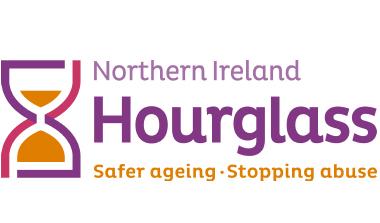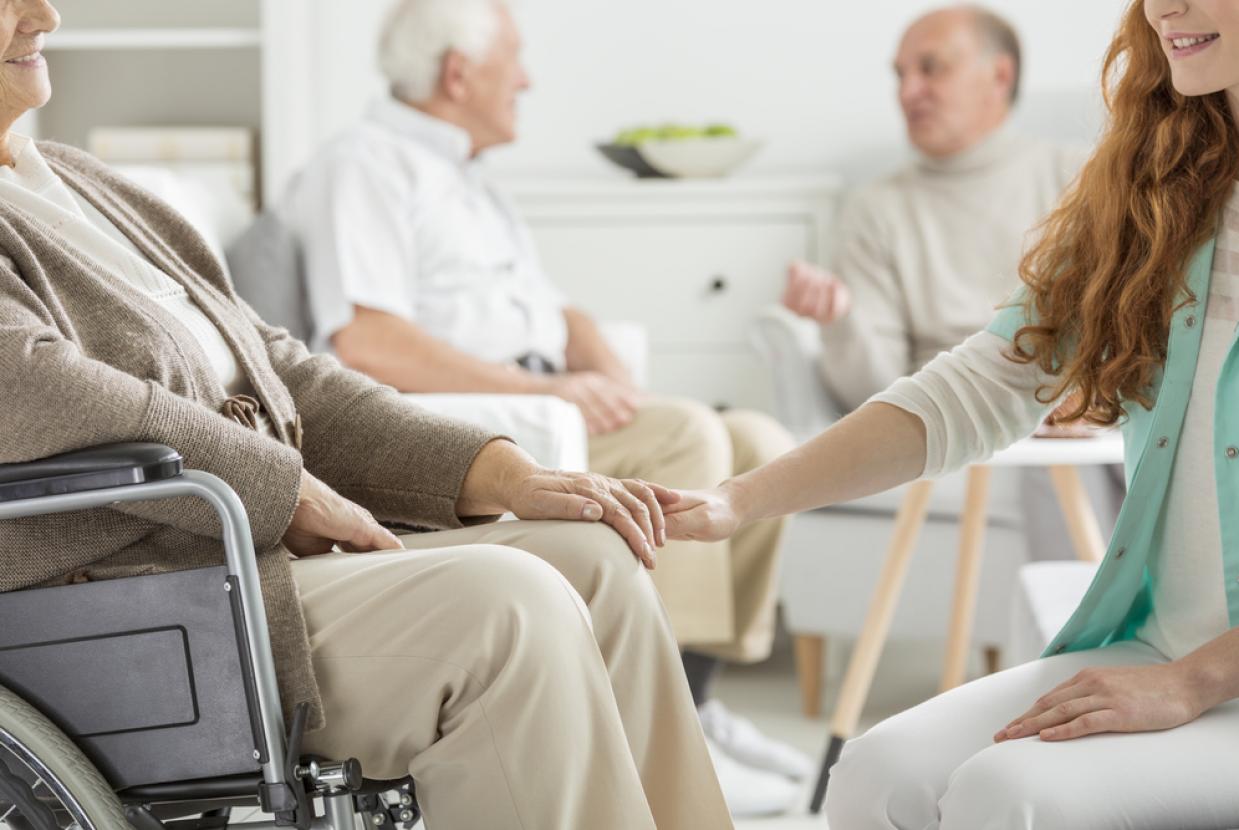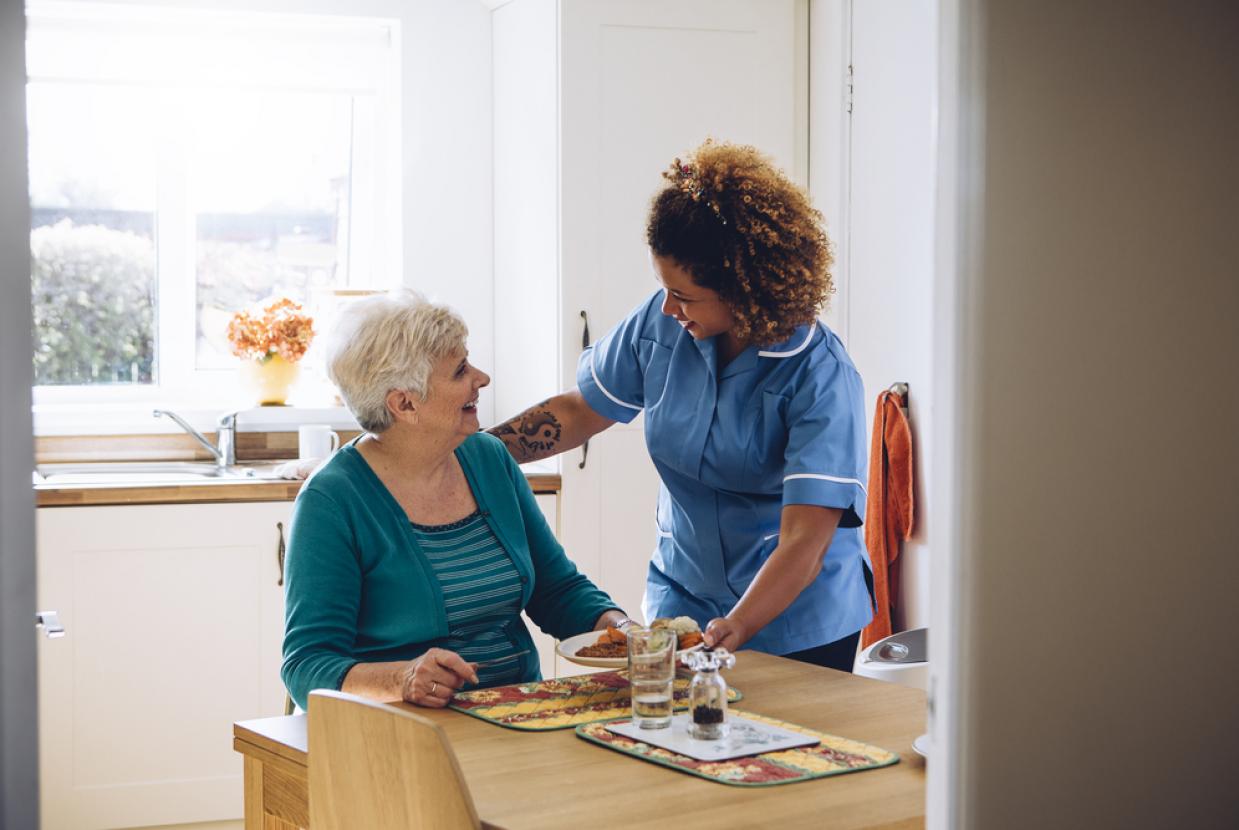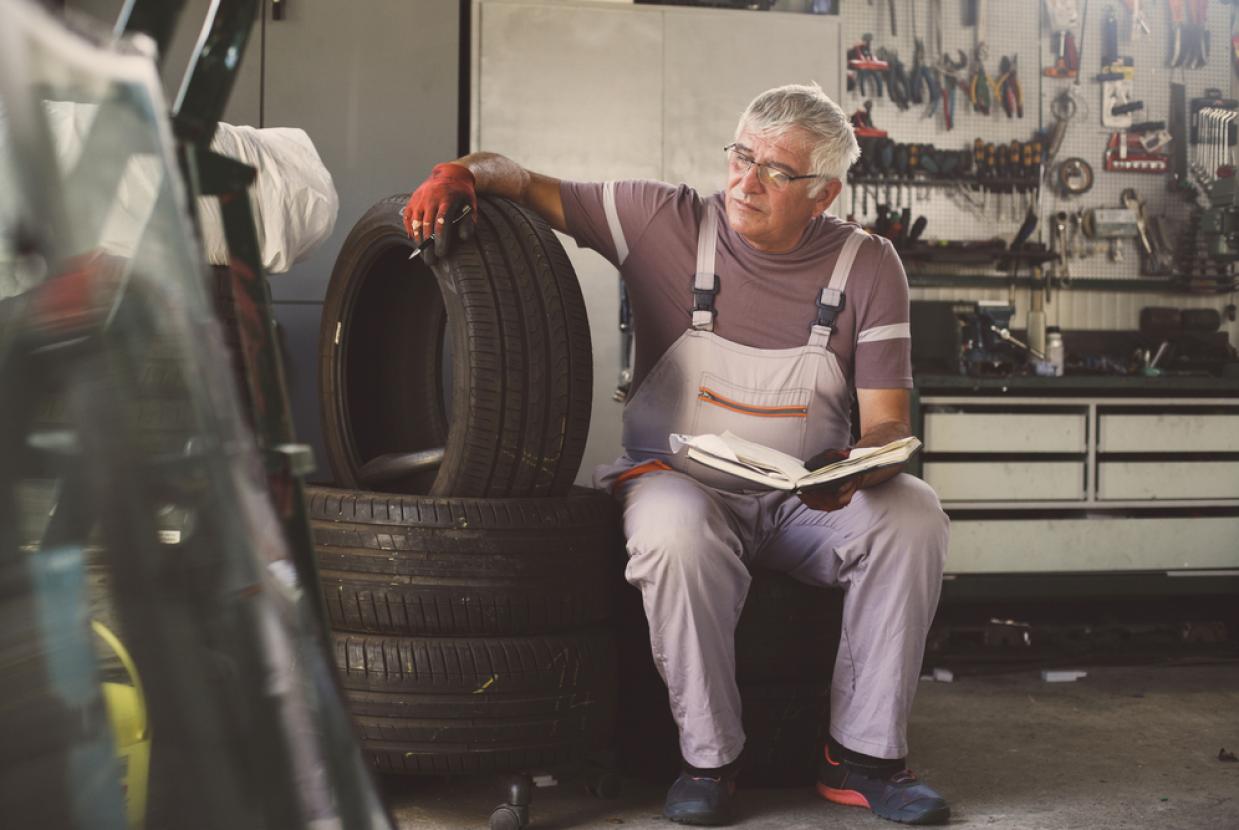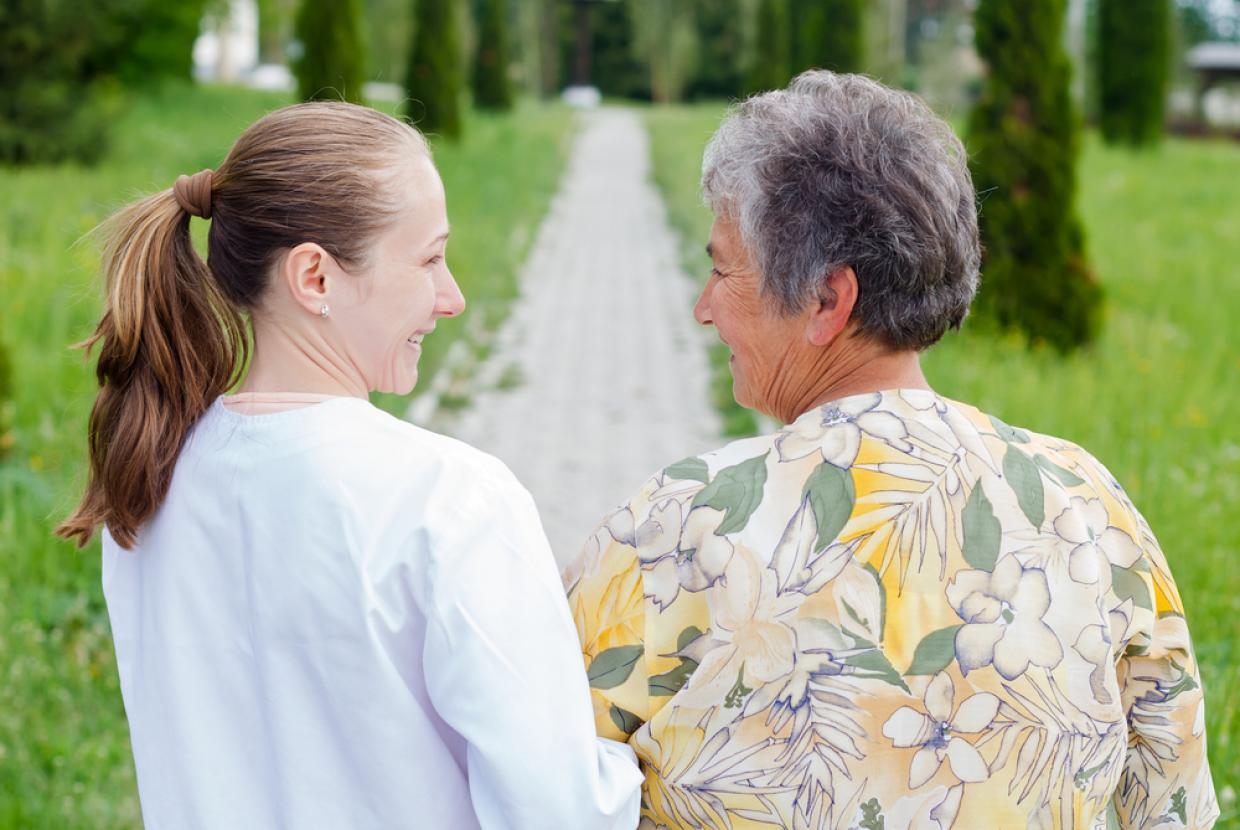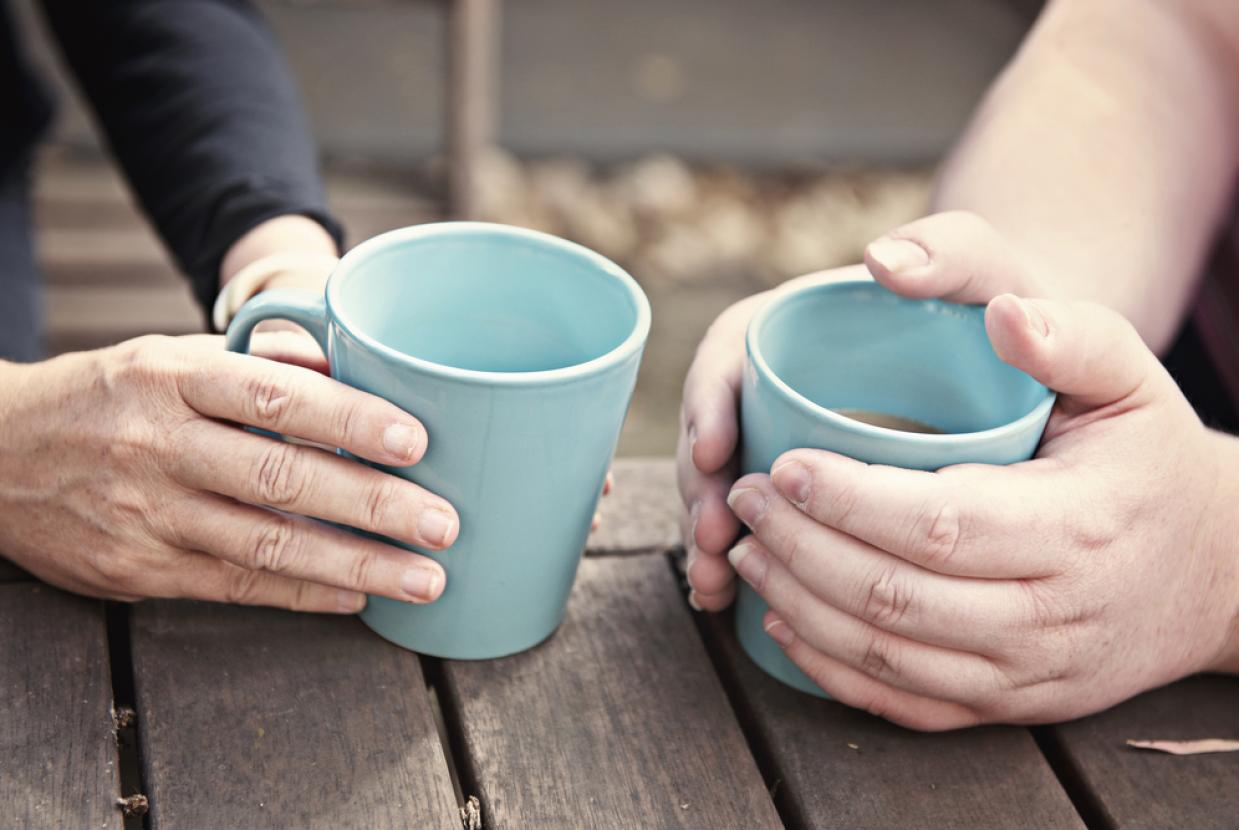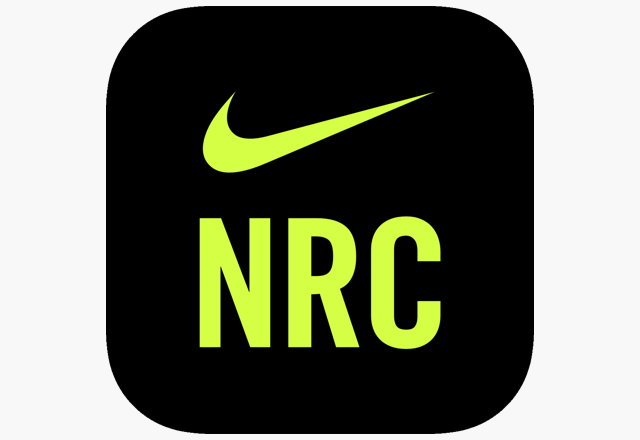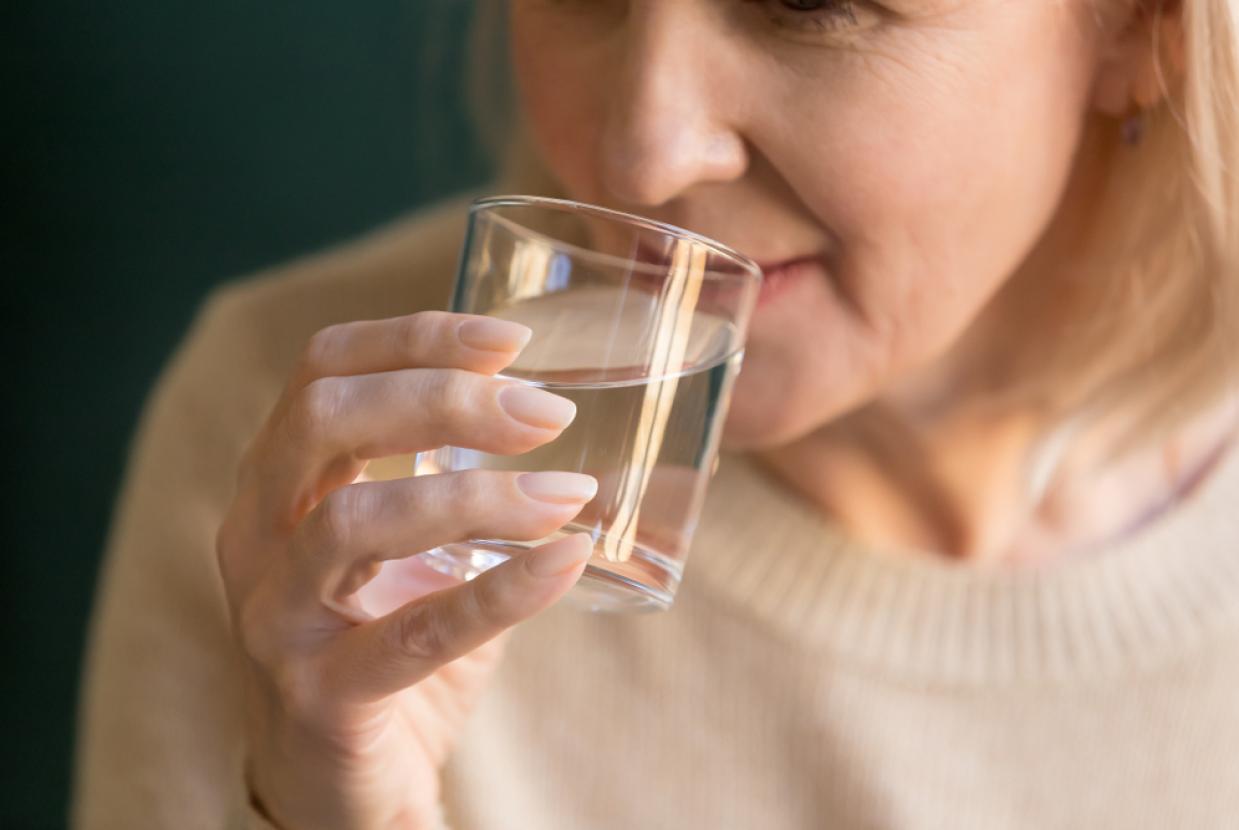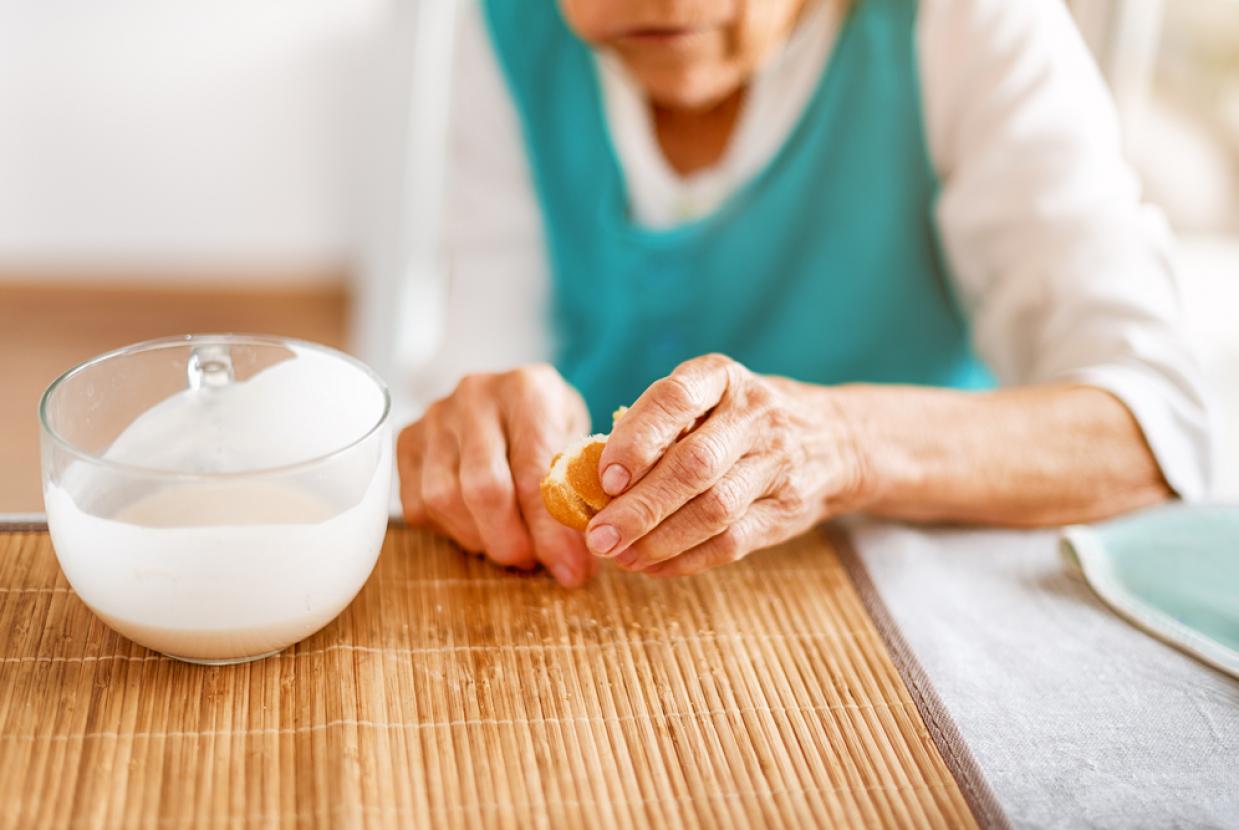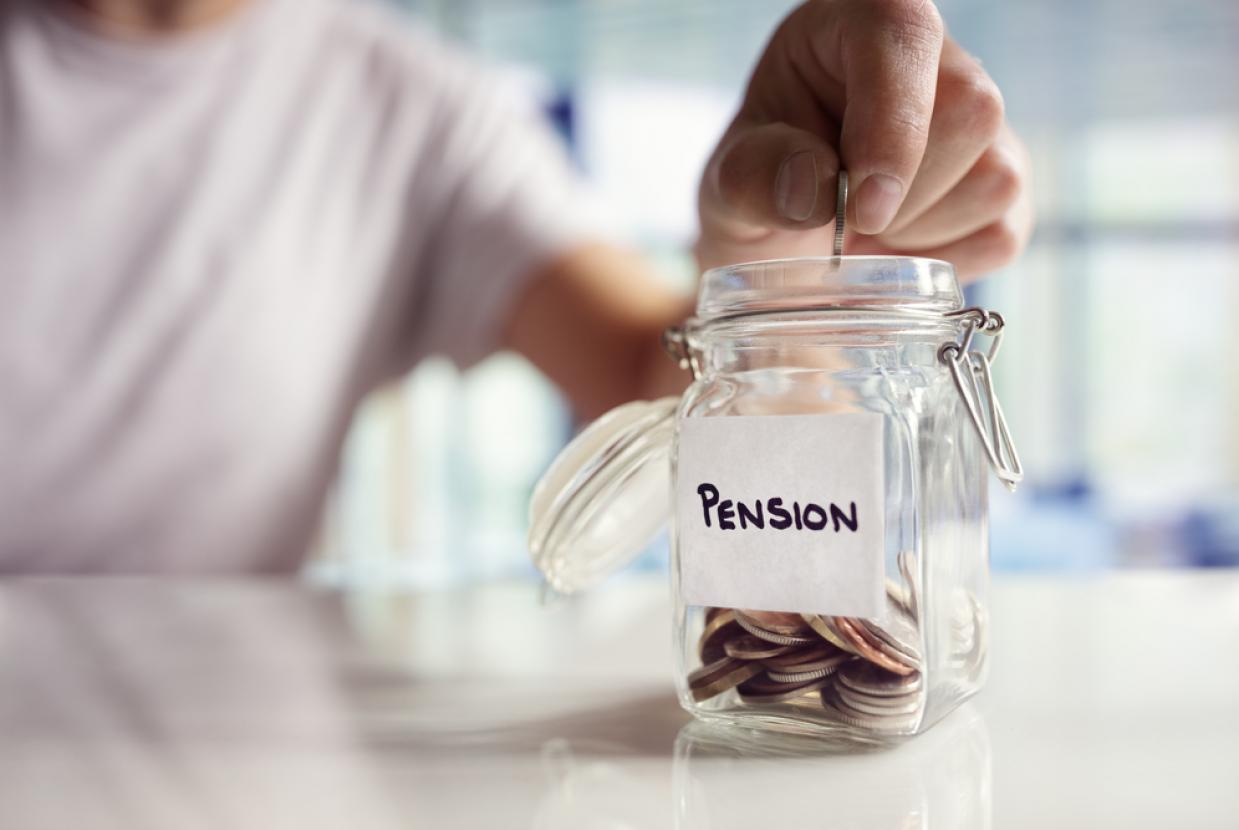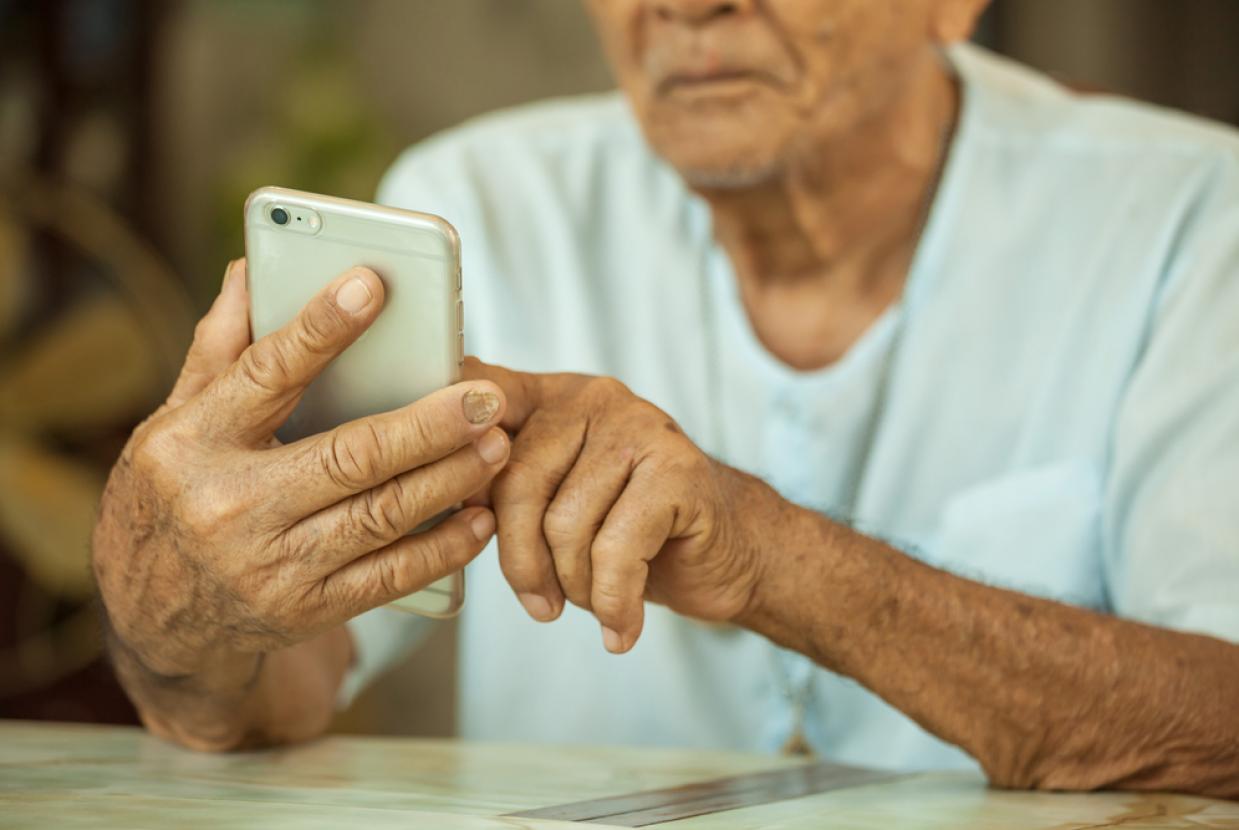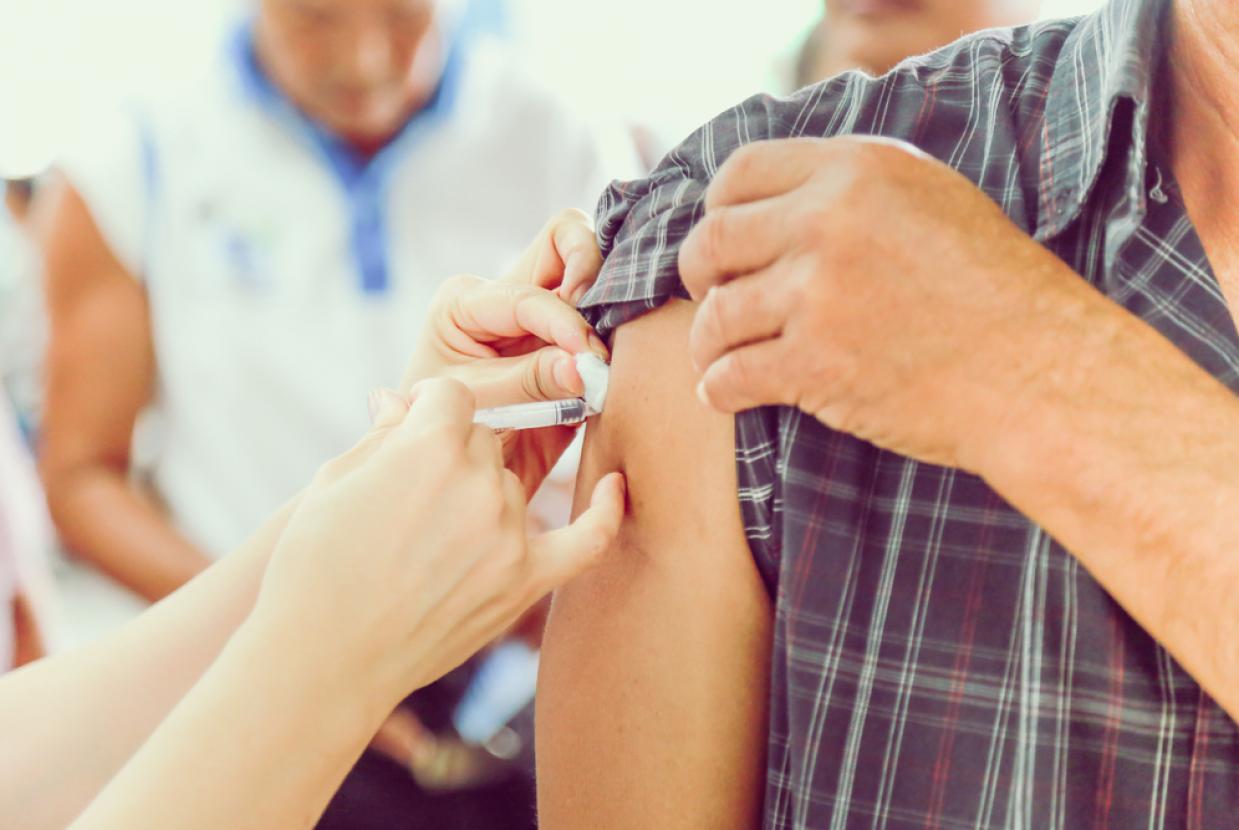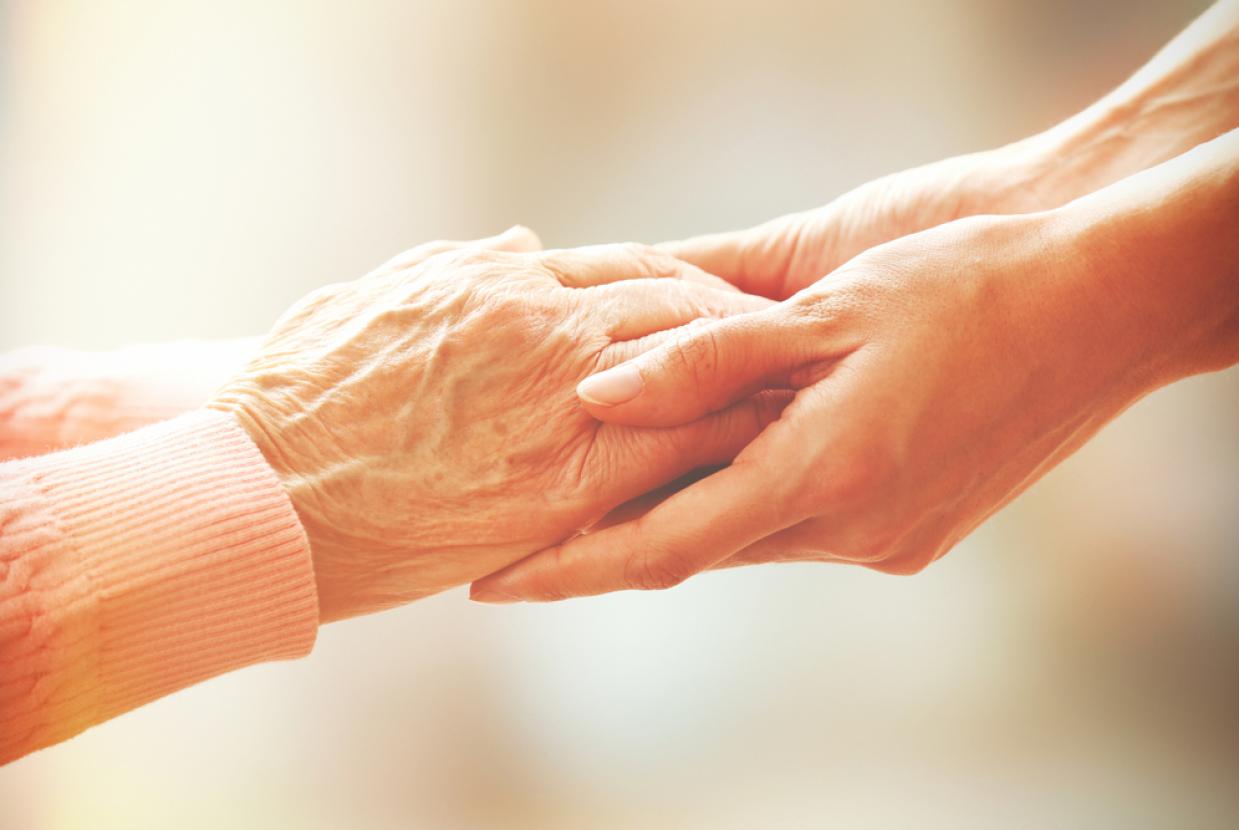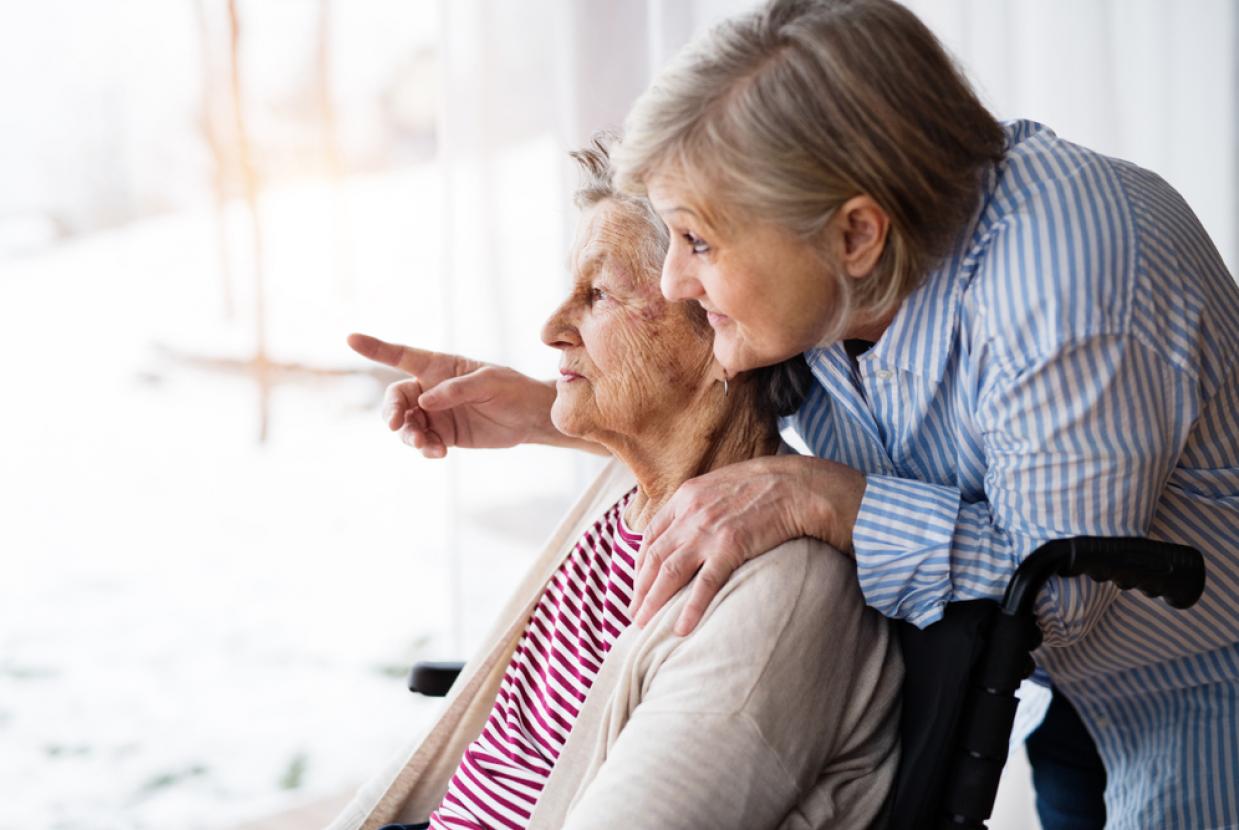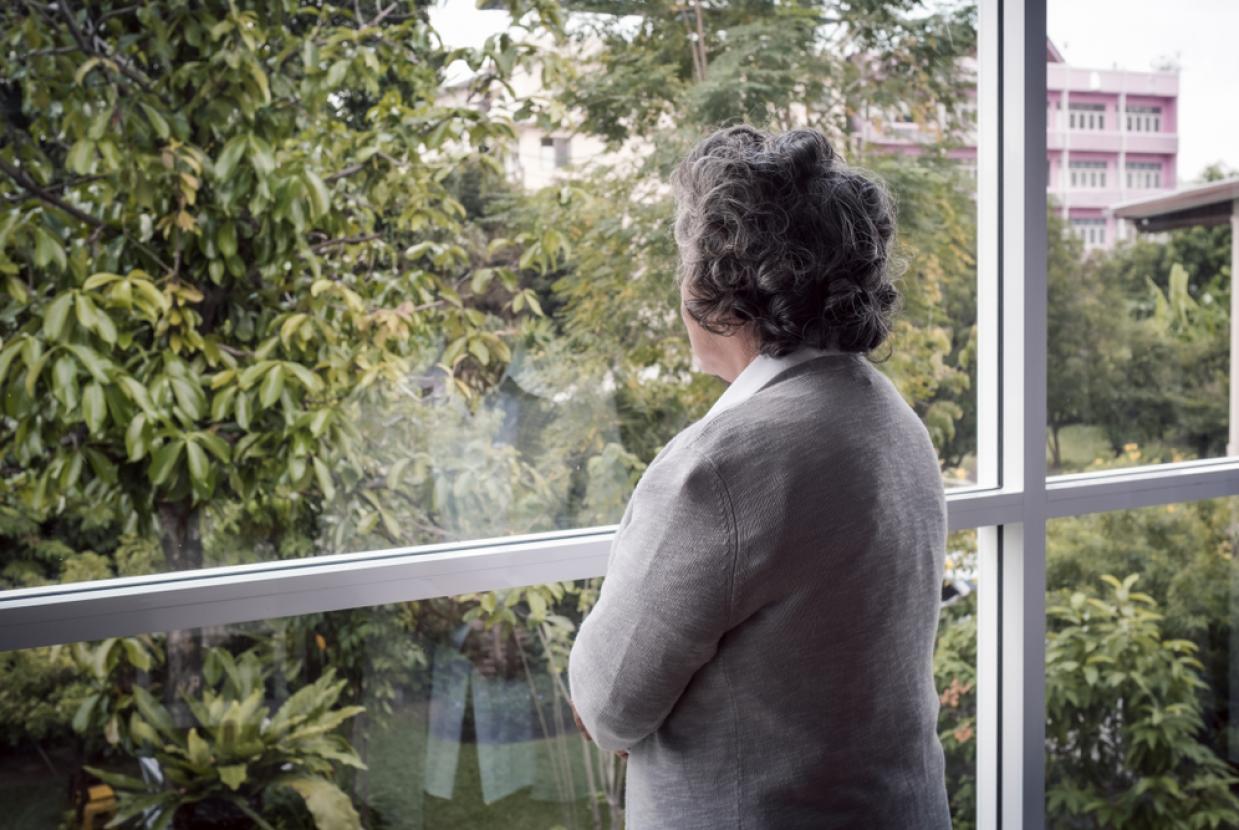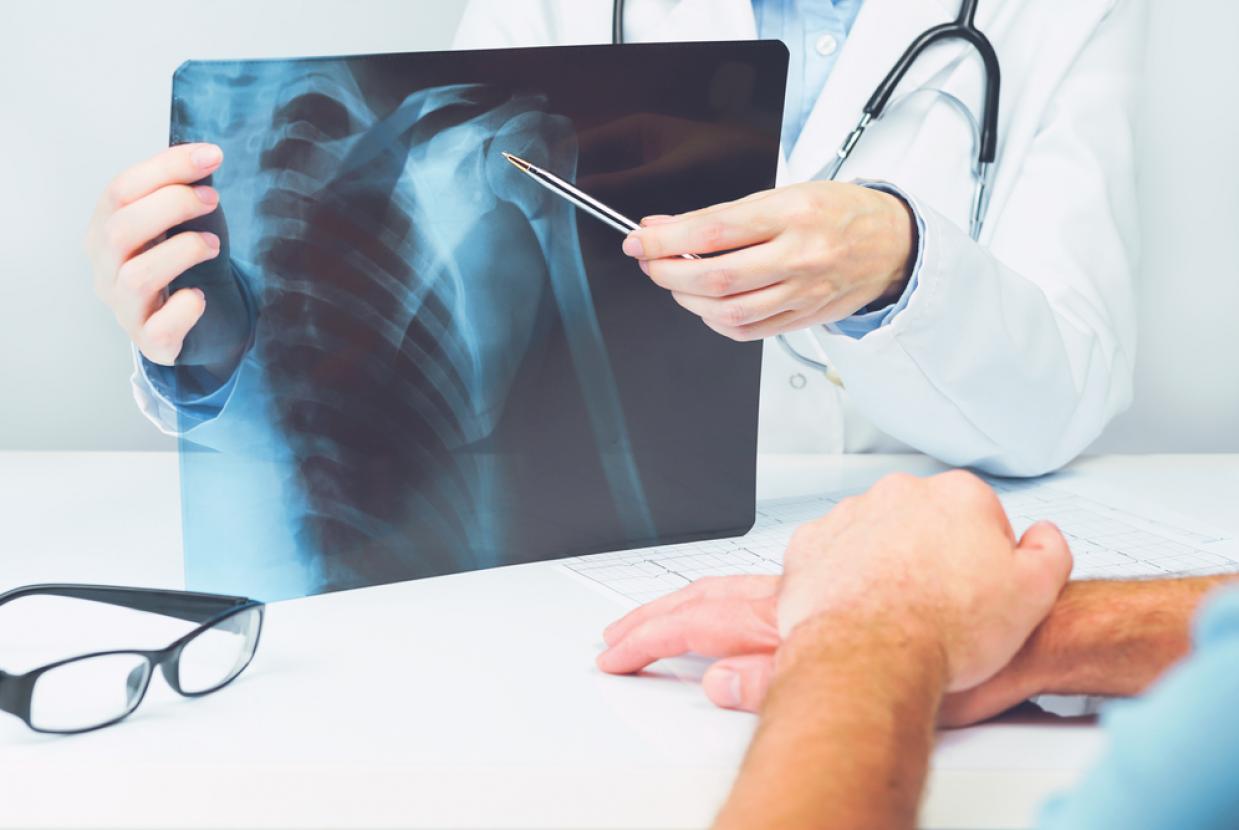Financial
Hourglass NI
Financial abuse is where someone in a position of trust interferes in an older person’s ability to acquire, use or maintain their finances. It is always a crime but not always prosecuted.
For example:
- An abuser might exploit an older person by making demands for large transfers.
- An abuser might control an older person's access to financial resources by refusing to let them access a bank account.
- An abuser might sabotage an older person's ability to maintain financial security by building up debt in their name.
What are the signs of financial abuse/harm?
- Signatures on cheques and documents that do not resemble the older person’s signature, or signed when the older person cannot write.
- Sudden changes in bank accounts, including unexplained withdrawals of large sums of money by a person accompanying the older person.
- The inclusion of additional names on an older person’s bank account.
- Abrupt changes to or the sudden establishment of wills.
- The sudden appearance of previously absent relatives claiming their rights to an older person’s affairs or possessions.
- Someone moving into an older person’s house and living rent free, without agreement or under duress.
- The unexplained sudden transfer of assets to a family member or someone outside the family.
- Misuse of power of attorney, deputyship, appointeeship or other legal authority.
- Numerous unpaid bills, or overdue rent, when someone else is supposed to be paying the bills.
- Lack of amenities, such as TV, personal grooming items, appropriate clothing, that the older person should be able to afford.
- The unexplained disappearance of funds or valuable possessions such as art, silverware, or jewellery.
- Deliberate isolation of an older person from friends and family, resulting in the caregiver alone having total control.
To view a detailed brochure on financial abuse, click here.



